Resources
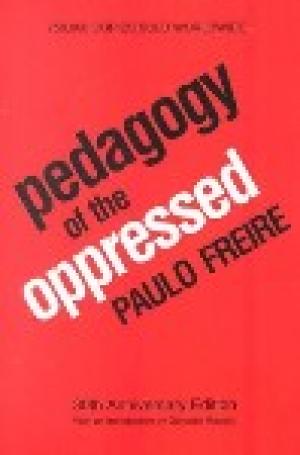
This text argues that the ignorance and lethargy of the poor are the direct result of the whole economic, social and political domination. By being kept in a situation in which it is practically impossible to achieve a critical awareness and response the disadvantaged are kept "submerged". The book suggests that in some countries the oppressors use the system to maintain this "culture of silence". Through the right kind of education, the book suggests, avoiding authoritarian teacher-pupil models and based on the actual experiences of students and on continual shared investigation, every human being, no matter how impoverished or illiterate, can develop a new awareness of self, and the right to be heard. (From the Publisher)
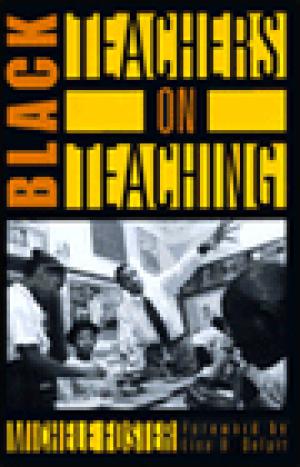
Black Teachers on Teaching is a riveting and honest portrait of the politics and philosophies of the education of black children over the last fifty years. Foster, a leading expert on black educators and the history of black education, has interviewed pioneering teachers from across the country. In presenting their experiences, black teachers go on the record about mixed-race classrooms, the losses and gains accompanying desegregation, repeated cycles of attempted and abandoned reform efforts, and the differing attitudes toward and perceptions of black students among black and white teachers. (From the Publisher)

Farley points to a series of developments in theological education which have led to the loss of a defining theological vision. Theology used to be, and still ought to be "not just objective science, but a personal knowledge of God and the things of God." (From the Publisher)
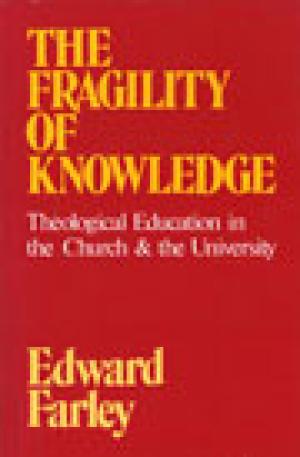
In a sequel to his 1983 work, Theologia, Farley develops a conceptual apparatus for re-thinking the structure of theological education in church, seminary, and university which is unified by a hermeneutical approach. He defines this approach as acts of interpretation which yield understanding, and argues that it requires ordered learning and critical thinking. (From the Publisher)
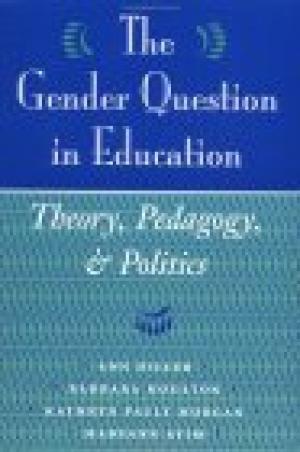
Four leading philosophers of education offer a sophisticated but accessible introduction to the central debates about the role of gender in educational practice, policymaking, and theory. (From the Publisher)

This volume is structured to provide practical assistance to those engaged in the review of faculty reward systems on their campuses and to provide guidelines to academic administrators, deans, and chairs who are leading these efforts. Chapters have been designed to address major issues relating to promotion, tenure, and merit pay. The different ways in which campuses have approached the process of clarifying their missions and modifying their faculty reward structures are illustrated. Reference materials from scholarly associations and accreditation agencies are included to demonstrate disciplinary perspectives. A model for change is presented along with criteria for assessing a promotion and tenure system. A professional portfolio to document the work of faculty is also described. (From the Publisher)

A rich compendium of classroom-tested strategies and suggestions designed to improve the teaching practice of beginning, mid-career, and senior faculty members. Forty-nine teaching tools cover both traditional tasks, writing a course syllabus, delivering a lecture and newer, broader concerns, such as responding to diversity, and using technology. (From the Publisher)
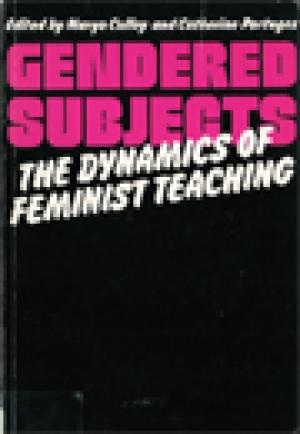
Two decades after the first Women's Studies courses appeared on campuses in the US, feminist research and teaching are now thriving around the world. The editors of this book provide a rich sample of theoretical and practical reflections on classroom experience by teachers of Women's Studies over the past ten years, raising provocative questions which apply broadly to many areas of progressive teaching. The collection features new, unpublished and original work as well as a selection of the best articles to have appeared in recent years. (From the Publisher)
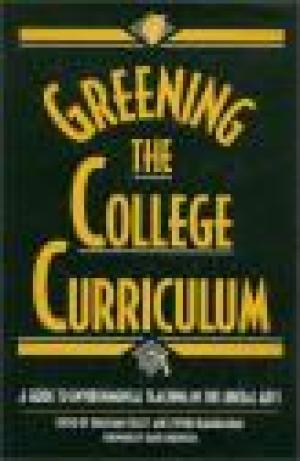
Greening the College Curriculum provides the tools college and university faculty need to meet personal and institutional goals for integrating environmental issues into the curriculum. Leading educators from a wide range of fields, including anthropology, biology, economics, geography, history, literature, journalism, philosophy, political science, and religion, describe their experience introducing environmental issues into their teaching. (From the Publisher)
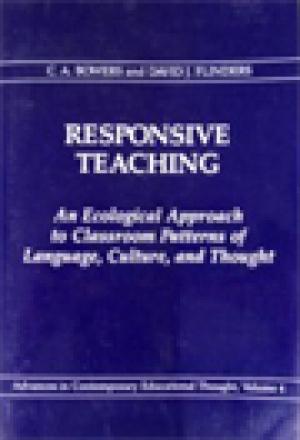
Responsive Teaching: An Ecological Approach to Classroom Patterns of Language, Culture, and Thought, the fourth title in this series, provides a conceptual basis for recognizing the classroom as an ecology of lingistic and cultural patterns that should be taken into account as part of the teacher's professional decision making. It argues that the orchestration of classroom behavior cannot be separated from the students primary culture. Chapters discuss the metaphorical nature of language and thought, primary socialization, non-verbal communication, framing and social control, the classroom as an ecology of power, culturally responsive supervision, and educating teachers for the 21st century - all from a cultural and linguistic point of view. The authors challenge the Cartesian tradition of viewing the student as a culture-free individual, and the classroom as a problem in management. They draw on Gregory Bateson's ideas help to illuminate student behavior as a form of communication about social relationships - one that relies heavily on culturally embedded patterns - and to reveal the classroom as a mental ecology where thought processes of others are encoded in the metaphorical language used to introduce new concepts. The book emphasizes that responsive teaching involves being sensitive to how the ecology of patterns (behavior and thought) reflects cultural differences and may be a source of miscommunication and alienation. (From the Publisher)